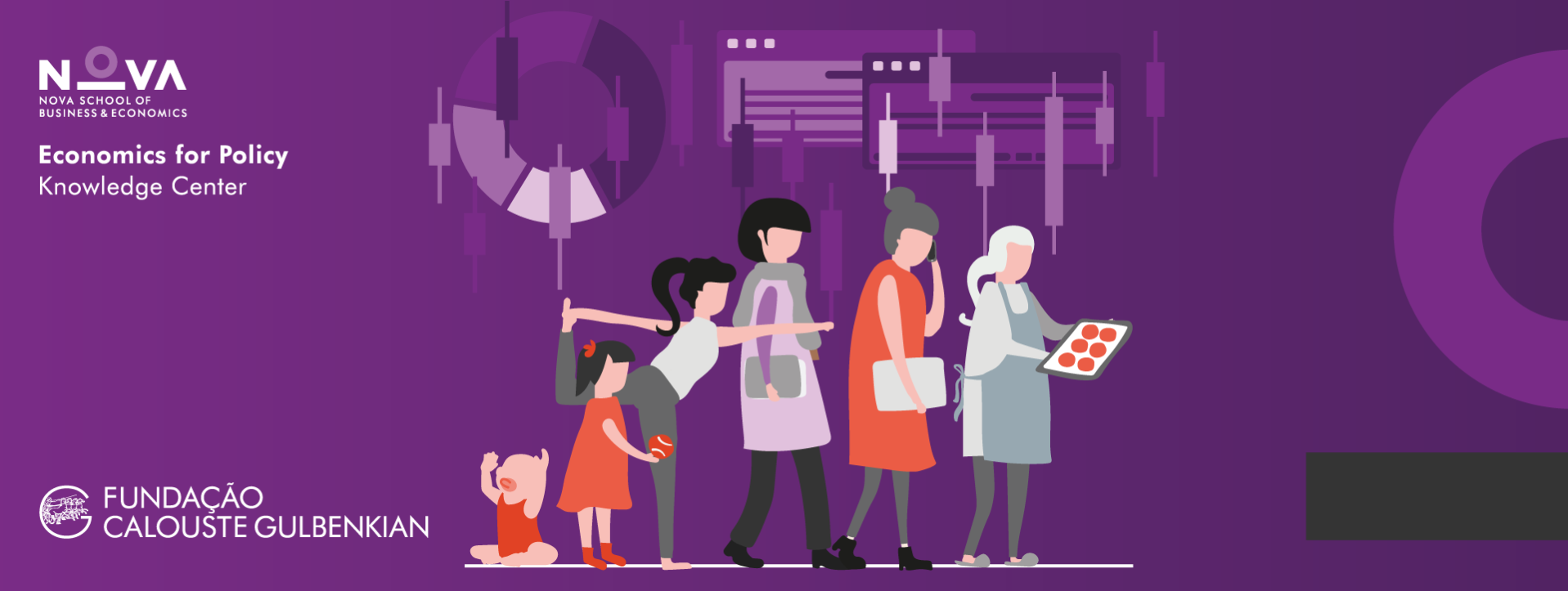In this project we evaluate several policies from an intergenerational fairness point of view, following the “Framework for Intergenerational Fairness” developed by SOIF and Gulbenkian. A policy is fair to all generations if: it allows people of all ages to meet their needs; meet the needs of the present without compromising the ability of future generations to meet their own needs, or permits to correct existing/future intergenerational inequalities. On the other hand, a policy is considered unfair if it does not satisfy at least one of the following conditions:
- Increases inequality between generations;
- Increases intragenerational inequality;
- Strengths the transmission of inequality through generations;
- Restricts the choices of future generations;
- Moves society away from its vision for the future.
We depart from the methodology developed by SOIF & Gulbenkian and propose changes to make it more quantitative and objective. The methodology includes five flexible stages:
- Diagnostic: Captures key information about the policy, evaluates its fairness, and builds a timeline of short, medium and long-term effects.
- Impact: Explores chains of intended and unintended impacts on generations over time, using available quantitative data.
- Scenarios: Tests the baseline evaluation against alternative scenarios.
- Process: Examines how the policy was designed and enacted, namely if intergenerational issues were considered.
- Conclusions: Summarises the findings and recommendations.




